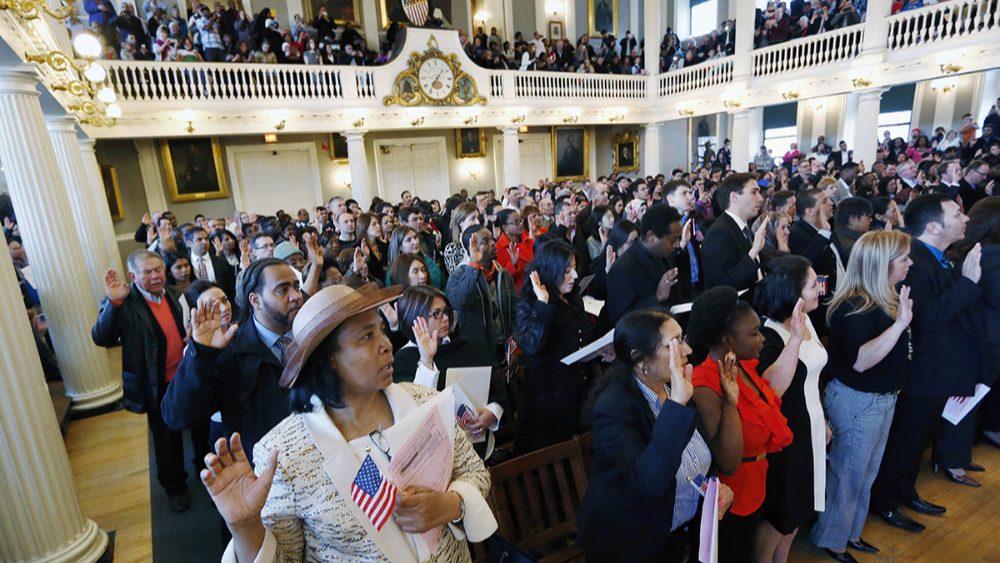One of the most common questions that immigration lawyers face from clients and prospective clients—such as members of Southwest Philadelphia’s Nigerian and West African and community, members of South Jersey’s Jamaican and Caribbean community and Reading’s Latino community — is how they can bring family members and loved ones to the United States. The name for this process is called Consular Processing. United States citizens can file petitions on behalf of spouses, parents, children (both minor and adult) and siblings.
Unfortunately, grandparents, grandchildren (by themselves), aunts and uncles and cousins are not eligible beneficiaries. Meanwhile, Lawful Permanent Residents can petition for spouses, minor children under the age of 21 and unmarried adult children over the age of 21. In addition, if a United States citizen petitions for an adult child, a parent or a sibling, that family member’s immediate family members — spouses and children — can also be included as what is called derivative beneficiaries.
United States citizens can also petition to bring their fiancées to the United States though that is a different process which we will discuss elsewhere.
The first step in consular processing is to file an Alien Relative Petition (along with the required filing fee) with the United States Citizenship and Immigration Services (USCIS) which is an agency of the Federal Department of Homeland Security. After several months, if everything is in order, the Service will approve the Petition and forward the file to the State Department and its National Visa Center for further processing. The petitioner will then have to pay the appropriate fees to the State Department and submit an Immigrant Visa Application for each beneficiary (direct and derivative). Once the Application is accepted, the next step is to file documents proving the relationship and an Affidavit of Support to the National Visa Center.
The Department will then forward the file to the appropriate consulate in the appropriate country for an interview. Once an interview is scheduled, the intending immigrant will need to get a medical examination done from a designated physician and attend his or her interview. If the interview is a success, they will receive an Immigrant Visa to come to the United States to live permanently. In addition, they will need to pay a per-person Immigrant Fee to USCIS which will produce the immigrants Permanent Resident Card — colloquially known as a “green card” — upon their arrival in the United States.
Another frequent question is, “How long does it take to get my family member here?” Again, it depends upon what type of relationship the immigrant has to the petitioner. Each month, the State Department publishes its Immigrant Visa Bulletin which indicates the petition-filed-on date at which immigrant visas are available for that particular family preference category.
One thing that immediately jumps out is that for all categories other than spouses and minor children, the waiting time for an immigrant visa to become available is a very significant number of years—in some cases, well more than a decade. And, even for spouses and minor children, the entire process often takes more than a year. So, one should be prepared to have to wait a significant period of time for their immigrant relative to actually be able to join them here in the United States. Therefore, it is essential to get this process started as soon as possible so as to not delay this unavoidable long wait and prolong separation from loved ones.
There are definitely advantages to having an attorney represent you in this process as opposed to handling it yourself since many of the forms are complex and the government gives little explanation for the types of requirements for supporting documentation that it requires. An experienced immigration attorney, however, is well-versed in these complexities and requirements.
If you have a loved one you wish to bring to the United States as an immigrant family member, contact us for a consultation. We offer a complimentary telephone conversation of up to ten minutes and, if we determine that an in-person consultation is worth it, we charge a $125.00 consultation fee, however, if you ultimately hire our office, we will apply that consultation fee toward the counsel fee.
We look forward to helping you unify your family here in the United States!





